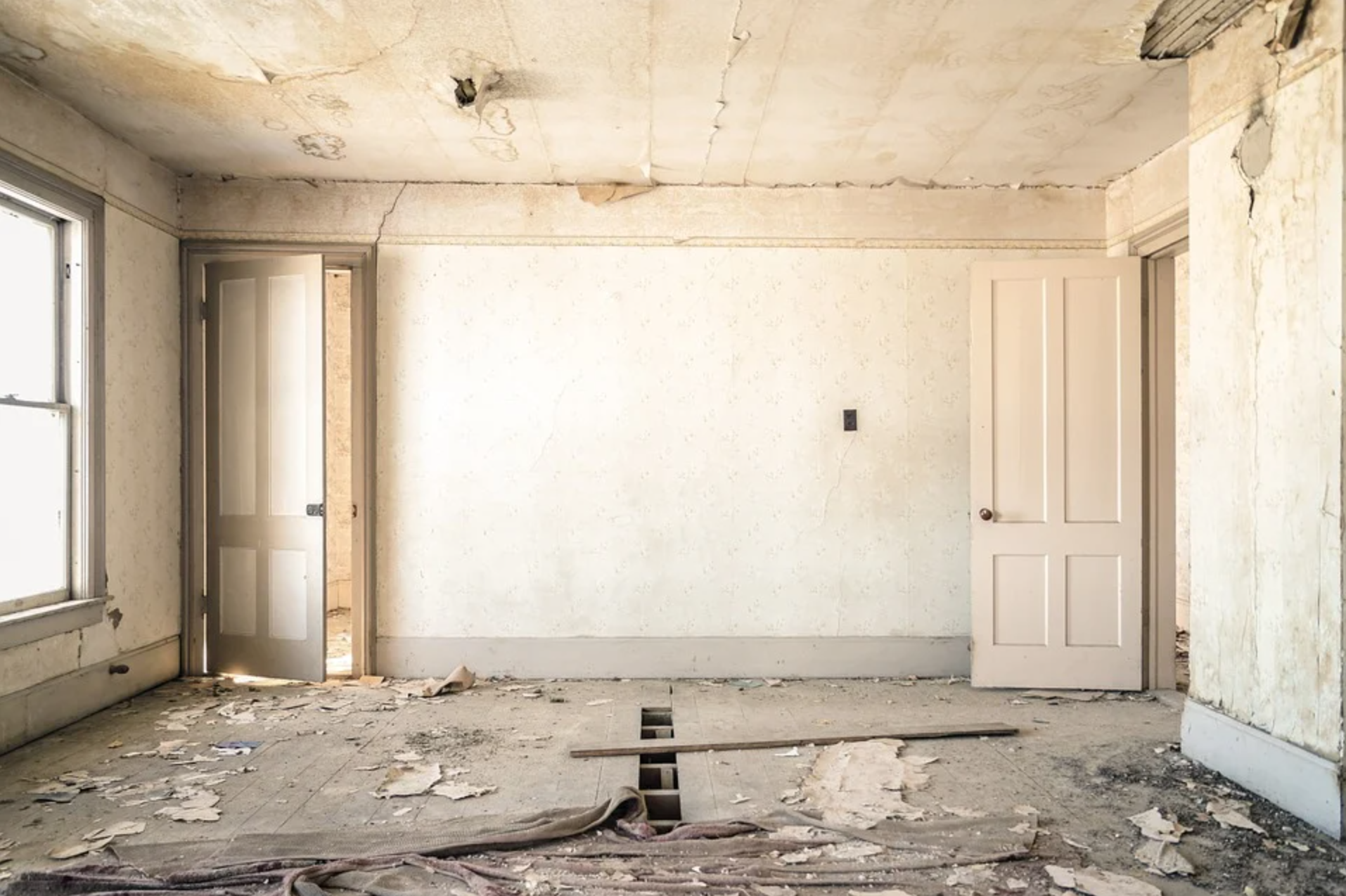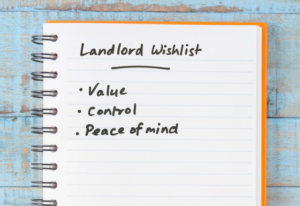Investing in property can be a tricky business, but the rewards are there if you can manage the process correctly.
A rental property can form part of a wider retirement portfolio, it could be a core principle of your business or a side project for someone looking to add a bit of security to their life. Buying a property, renting it out and watching it accrue value can be rewarding, but it is a process that can be fraught with pitfalls.
As we explained in our article ‘Smart Technology for Landlords’, the life of a property owner is not easy – issues can crop up regularly, from general to maintenance and general administration to the managing of the tenant. All of those can eat into your profits, or even commit you financially beyond your initial budget. The structure and maintenance of the house are likely to be the most expensive element of renting out a property. You can protect yourself going forward with specific landlords’ insurance, which would allay the fear of unforeseen expenses to a degree. A guide to landlord insurance on HomeServe explains how you can protect the property against expensive breakdowns when a tenant is in place, covering services such as plumbing, heating and drainage. Whilst that would certainly offset your risks to a degree, no amount of insurance can protect you from investing in a property with unforeseen problems waiting to jump out and drain your resources.
However, you can mitigate those risks by ensuring you do not buy a money pit in the first place. How do you recognise a viable fixer-upper from a bona fide wreck? By following our handy guide below.
Roof
A new roof can be a costly affair, not just in terms of the labour and materials, but access equipment too. If you are investing and looking to make a profit, then you must look properly at the roof. Any signs of vegetation growing from the roof should be alarming, as it suggests moisture may be present. Look for signs of sagging too, a leaking roof may result in rotten trusses and that means even more expense. Are their gaps between tiles, or even missing tiles? Those may not be reasons not to buy, but they do require further inspection. Under the tiles, make sure there is adequate vapour barrier too, older roofing products degrade over time and could allow water ingress, which would be a major problem.
Smell
When you are in the house, pay attention to the smells. Remember, a vacated property may smell a little damp, but if there is a strong damp odour then you should request a full damp survey. This is especially concerning on internal walls, as it suggests damp coming from below. If the electrics are on, be aware of fish-like smells too, as that is a sign of electric malfunction. Yours discusses how it is created by the plastics and heat resistant chemicals used in sockets and circuit breakers. If there is a strong fishy smell, then you may need a full rewire which could see you spending far more than you need to.
Cracks
Check internal and external walls for cracks as this may be a sign of subsidence, or even damp. If internal walls are plastered and cracked, then it is worth investigating further. Some older plaster may crack naturally over time, so it may not be a major problem, but underneath the plaster may lurk a deeper issue that will require additional funding. Another sign of subsidence or damp could be doors and windows that stick or sagging internal walls. All should set alarm bells ringing.
Survey
If you have any concerns at all, make sure you instigate a comprehensive survey. Every house purchase requires a survey, usually at the behest of the lender, but this can be a rather rudimentary overview of the house, which fails to scratch the surface. This is not actually a survey as the Home Owners Alliance reports, it is a simple valuation which gives them an idea of what the property is worth. A complete survey may cost you a couple of hundred pounds at the point of purchase, but it could save you thousands further down the line. There are several available, from a homebuyers report to a full building survey, so choose carefully.
Always remember: If in doubt, get it checked out.




